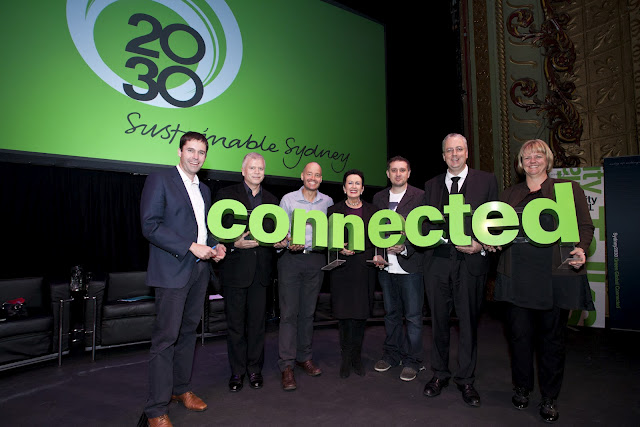One of the conceits of the late Twentieth Century was that we can engineer risk out of our lives.
Derivatives like Collateral Debt Obligations were thought to overcome financial risks, think contracts would eliminate business risks and wise central banks would massage the economic cycle to banish the risks of economic crises.
In schoolyards, the kids are banned from doing cartwheels and playing ball games – in response to a recent edict prohibiting physical activity at a local school an education department spokesman said the ban was to prevent, and not in response to, playground injuries.
So nothing’s happened to provoke a ban, just someone decided there was risk and the first reaction is to eliminate it rather than manage it.
In a litigious society where a culture of blame has developed this reaction is understandable. If a kid gets hurt in the playground then the parents might blame the teacher and one should be under no illusion that in the NSW state education system, the industrial concerns of teachers will always trump the welfare of students.
So the cartwheels must stop.
The strange thing with our culture of blame is that when something goes seriously wrong, such as the implosion of the banking system due to greed and misunderstanding of risk, no-one is held responsible.
For lawyers, this culture is understandable. After all, their job is to warn clients of legal risks and it’s true that every time we walk down the street or jump in our car we might make a mistake that could see us in court.
But we learn to manage that risk and we accept the odds every time we choose to drive down to the supermarket.
The danger in believing we can eliminate risk is that removing one element of risk often results in unexpected consequences – they are even more unexpected when you don’t understand the risks in the first place. CDOs and the shadow banking system are a good example of this.
Government seek to pass laws eliminating risks and in doing so create new risks, particularly when the Acts they pass are poorly written and badly thought out.
There is always the question of what risk we are addressing – in the modern corporatist political system, the PR risk to a government always takes priority over a real risk to citizens. Passing a law to protect the minister’s backside might make life more risky for others.
As helicopter parents, always hovering over our children and blaming teachers, schools, neighbours and other parents when something goes wrong, we’re creating a whole set of risks we don’t understand.
For politicians, managers and leaders their main responsibility is to manage risk, not pretend it’s been eliminated by the latest memo, law or silly schoolyard ban.



